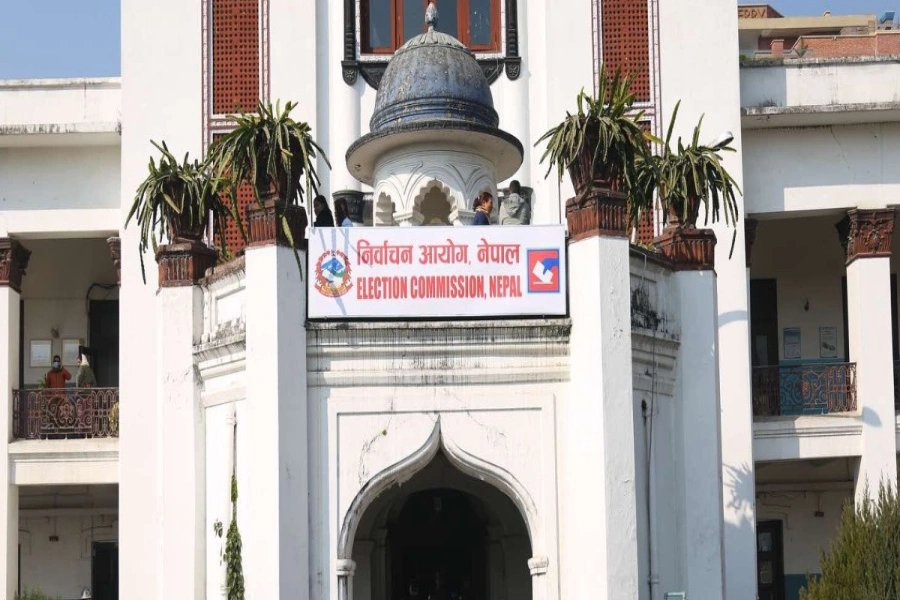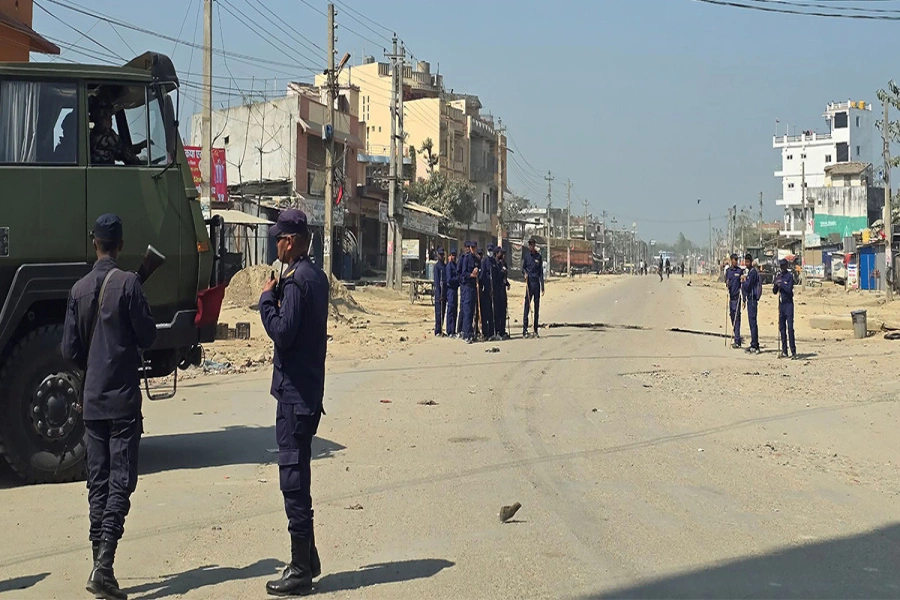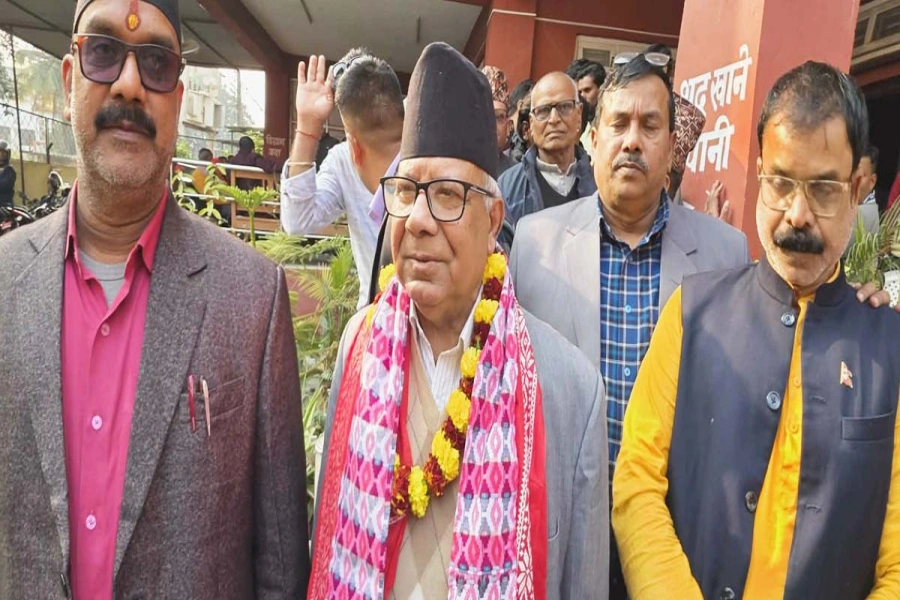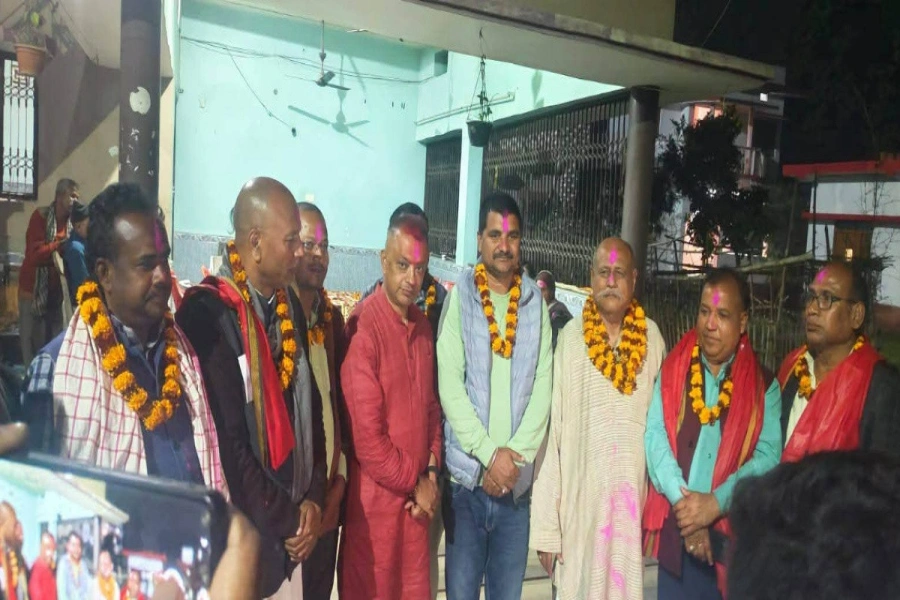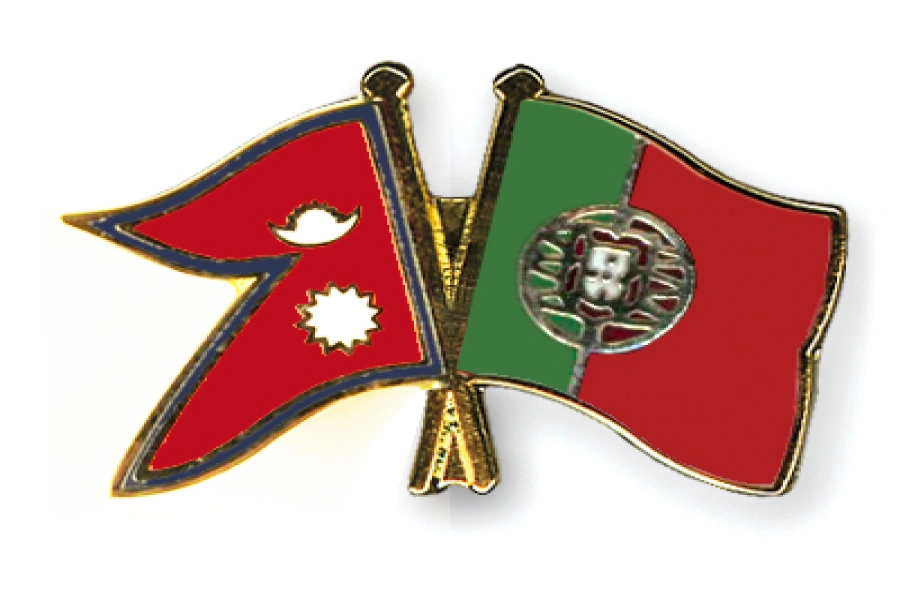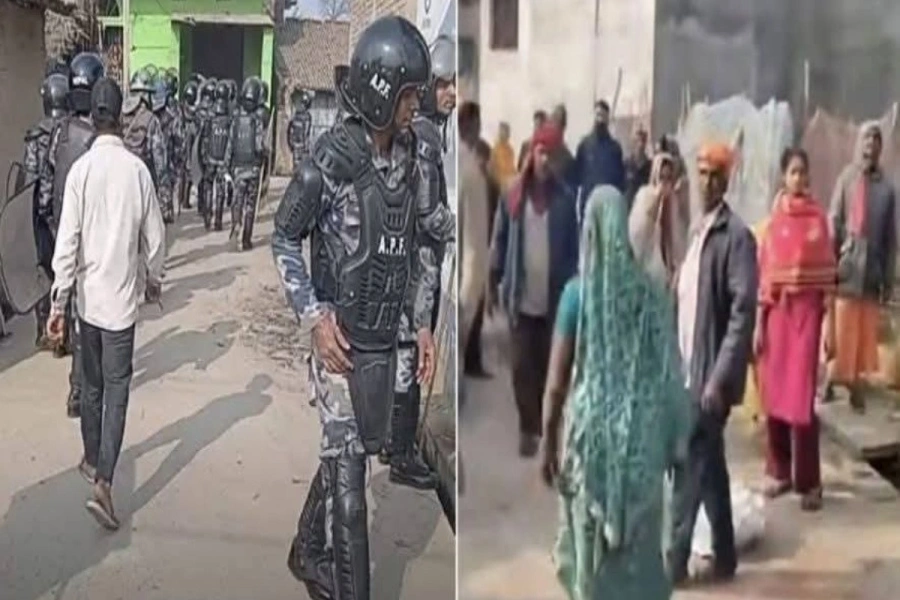Having secured a mandate to rule for next five years, no one should be surprised if new Prime Minister KP Sharma Oli makes a concerted effort to improve frayed ties with India.
In the lead-up to the two-phase provincial and federal elections, international commentary on Nepal focused, rather obsessively, on the geopolitical implications of these all-important elections. If the Nepali Congress-led ‘democratic alliance’ came to power, it was said, India’s stock in Nepal would greatly rise. In contrast, if the ‘communist alliance’ got a majority and took over the reins, then Nepal would make a decisive lurch towards China. Perhaps this analysis was not entirely unfounded. Before these elections, there were events that suggested the democratic alliance had New Delhi’s tacit support while the communist alliance similarly enjoyed China’s tacit backing.
But the operative word here is ‘tacit’. India, just as in the past, tried to influence these elections in ways it thought would best secure its interest north of the border. The Indian ambassador to Nepal, for instance, was busy in last-minute parleys to ensure certain Madhesi candidates got favorable constituencies. But the plan went awry when the RJPN leaders, rather uncharacteristically, refused to play ball with Mr Puri. There is perhaps also some substance to the speculation that the BJP-led government in New Delhi had given Kamal Thapa’s RPP, a part of the loose democratic alliance, its blessing to pursue the agenda of restoration of Hindu state. Moreover, if the democratic coalition under Deuba got two-third votes, the constitution could be amended in line with the demands of Madhesi parties. Yet compared to India’s recent record of overt meddling, these efforts were rather innocuous.
China, in perpetual search of permanent friends in Nepal after the removal of monarchy, for its part, had in recent times always urged left political forces in Nepal to work together. So when the left alliance was announced, Beijing no doubt felt vindicated. It could not have been a coincidence that on the campaign trail KP Oli was promising that, should he win, he would immediately reverse the Deuba government’s decision to cancel the license of Gezhouba to develop Budhi Gandaki.
India: Bully or beloved?
The Unfinished Project of India-China Relations

Oli has progressively gotten closer to Beijing following the 2015-16 border blockade, which gave him an unprecedented opportunity to project himself as a true nationalist ready to stand up to the ‘Indian bully’. China too appeared keen to humor him. But there is again nothing substantive to suggest China offered any material support for the left alliance’s election campaign.
Oli is a wily old fox. Having secured a resounding election victory and a mandate to rule for the next five years, no one should be surprised if as prime minister he makes a concerted effort to improve frayed relations with India, even at the cost of China. He knows that in the long run, geography invariably wins, and thus keeping India happy will be the key for a long and happy stay at the top.
Not everyone in India is sure about his intent though. “Left leaders have repeatedly claimed that they will have balanced and friendly relations with India and China,” said SD Muni, an old Nepal hand in India. But what they need to understand is that there are “structural bonds and inherent redlines” in India-Nepal relations that “no government In Nepal or in India can breach”. In other words, the age-old Nepal-India ties are incomparable to the newfangled Nepal-China relations.
Both India and Nepal, he said, should take “cognizance” of the fact that China has in the recent past been “assertive and highly proactive” in South Asia.
Muni’s words hint that New Delhi is on a wait-and-see mood, and is not ready to take Oli and company at their word.
But Oli’s close aides suggest otherwise. They believe his ‘pro-China’ tag is a handiwork of his opponents. That both while he was the prime minister and now, his emphasis has been on maintaining a well-calibrated balance between India and China. Nonetheless, will India ever trust Oli who has been consistently projected as pro-China?
Calibrated distance
PM Oli’s former foreign affairs advisor Gopal Khanal believes “New Delhi is in a mood for course correction” after badly bungling its Nepal policy in the post-constitution phase. “Besides, if the sovereign people of Nepal elect a government, India has no option but to accept and deal with it”. Playing down Oli’s pro-China image, Khanal cites how besides reaching out to China, and signing the landmark trade and transit agreements, Oli also made a push to expand third-country trade through Indian port of Vishakhapatnam.
Building up a compelling storyline is a handy reporting tool too. One reason these elections were projected as a geopolitical contest between India and China is that this story-line sells abroad. Otherwise, who would be interested in elections in a smallish and seemingly insignificant country like Nepal?
Oli’s history also suggests that his government will be careful not to get too close to China and alienate India. As former Indian foreign secretary Shivshankar Menon puts it, Oli is just another politician in South Asia doing everything in his ambit to get to and hold on to power. So while Oli may be seen as pro-China today, in no time he could change his color from red to saffron. After all, Oli is someone who until recently enjoined extensive relations with all the important Indian political actors as well as with its South Block bureaucrats.
So far as his role in pushing the impending projects with China goes, given the public pressure for their prompt implementation, no government in Kathmandu, whether it is led by Deuba or Oli, would be able to resist. India will thus have to learn to live with greater Chinese presence in Nepal. The Indians also ought to know that Kathmandu in this day and age cannot afford to pick and choose between its two neighbors. The understanding in Nepal is that both India and China will be needed if there is to be lasting peace and stability in Nepal.
Course corrected?
Besides a few itchy defense-wallahs, I don’t think anyone in New Delhi seriously buys the story of the left coalition allowing China to gobble up Nepal. In fact, before the recent elections, India’s government-supported think tanks had all projected a thumping win for the left coalition. The central government in New Delhi was briefed, well in advance, on possible policy options. If they suggested course-correction—treating Nepal as a sovereign equal instead of a dependent neighbor that can be bullied into submission—they were on the mark.
biswasbaral@gmail.com




